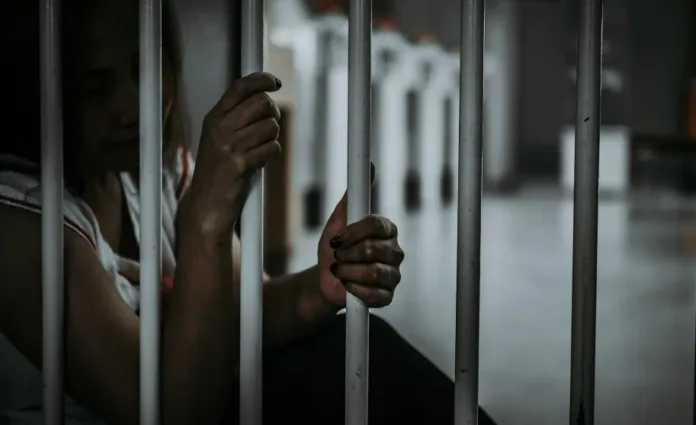Lindsay Sandiford, 69, returns to the UK on humanitarian grounds after years in Bali prison
A British grandmother who spent 12 years on death row in Indonesia has finally returned home after being released on humanitarian grounds.
Lindsay Sandiford, 69, was sentenced to death in 2013 after she was caught smuggling cocaine worth £1.6 million into Bali. Her return marks the end of a long and harrowing ordeal that drew global attention to Indonesia’s strict drug laws and the plight of foreign prisoners trapped within its justice system.
Sandiford was arrested in 2012 when customs officers discovered nearly five kilograms of cocaine in her luggage upon her arrival from Thailand. She later admitted the offence but told investigators she had been forced to carry the drugs after a criminal syndicate threatened to harm her son.
Indonesia has some of the toughest drug laws in the world, with capital punishment still enforced for trafficking offences. However, in recent months, the government has begun releasing several long-term foreign prisoners on health and humanitarian grounds.
Sandiford’s repatriation was part of a wider agreement between the UK and Indonesian governments. She was flown out of Bali shortly after midnight local time on Friday, accompanied by another British national, Shahab Shahabadi, who had been serving a life sentence for drug smuggling.
Officials said both prisoners were seriously unwell. Indonesia’s senior law and human rights minister, Yusril Ihza Mahendra, confirmed last month that Sandiford was “seriously ill” and that Shahabadi was suffering from “various serious illnesses, including mental health issues.”
Hours before her departure, Sandiford appeared in a wheelchair at a press conference held inside Bali’s Kerobokan prison. Dressed in white, she thanked the Indonesian authorities and British diplomats who had supported her repatriation.
“She was deeply relieved and emotional,” said one Indonesian prison official. “She has been through a very difficult time and just wants to go home to be with her family.”
Embed from Getty Images
The UK’s Deputy Ambassador to Indonesia, Matthew Downing, said both Sandiford and Shahabadi were being brought home “on humanitarian grounds”. He added that they would receive appropriate medical care upon arrival in Britain and would remain subject to UK law and procedures.
Sandiford’s case drew significant international attention due to her age and the circumstances surrounding her conviction. Human rights campaigners argued that she had been manipulated by drug traffickers and should never have faced the death penalty. Her legal team and supporters fought for years to overturn the sentence, raising concerns about the fairness of her trial and her lack of legal representation at critical stages.
The case also highlighted Indonesia’s shifting approach to capital punishment. In 2015, the country executed two Australian ringleaders of the so-called “Bali Nine” drug syndicate, sparking diplomatic tensions with Australia. Since then, the government has gradually reduced the use of the death penalty, opting instead to grant clemency or long-term commutations for prisoners deemed low-risk or medically unfit.
In December 2024, Indonesia repatriated the five remaining members of the Bali Nine group after nearly two decades behind bars. Around the same time, Filipina prisoner Mary Jane Veloso was also allowed to return home, having long maintained that she had been tricked into carrying drugs.
For Sandiford, her release brings an end to years of uncertainty and isolation. She is expected to receive medical treatment and psychological support in the UK before reuniting with her family.
Although her sentence was never formally commuted, her repatriation effectively ends Indonesia’s pursuit of her execution order. British officials described the agreement as a “compassionate resolution” to a case that had troubled both governments for more than a decade.
